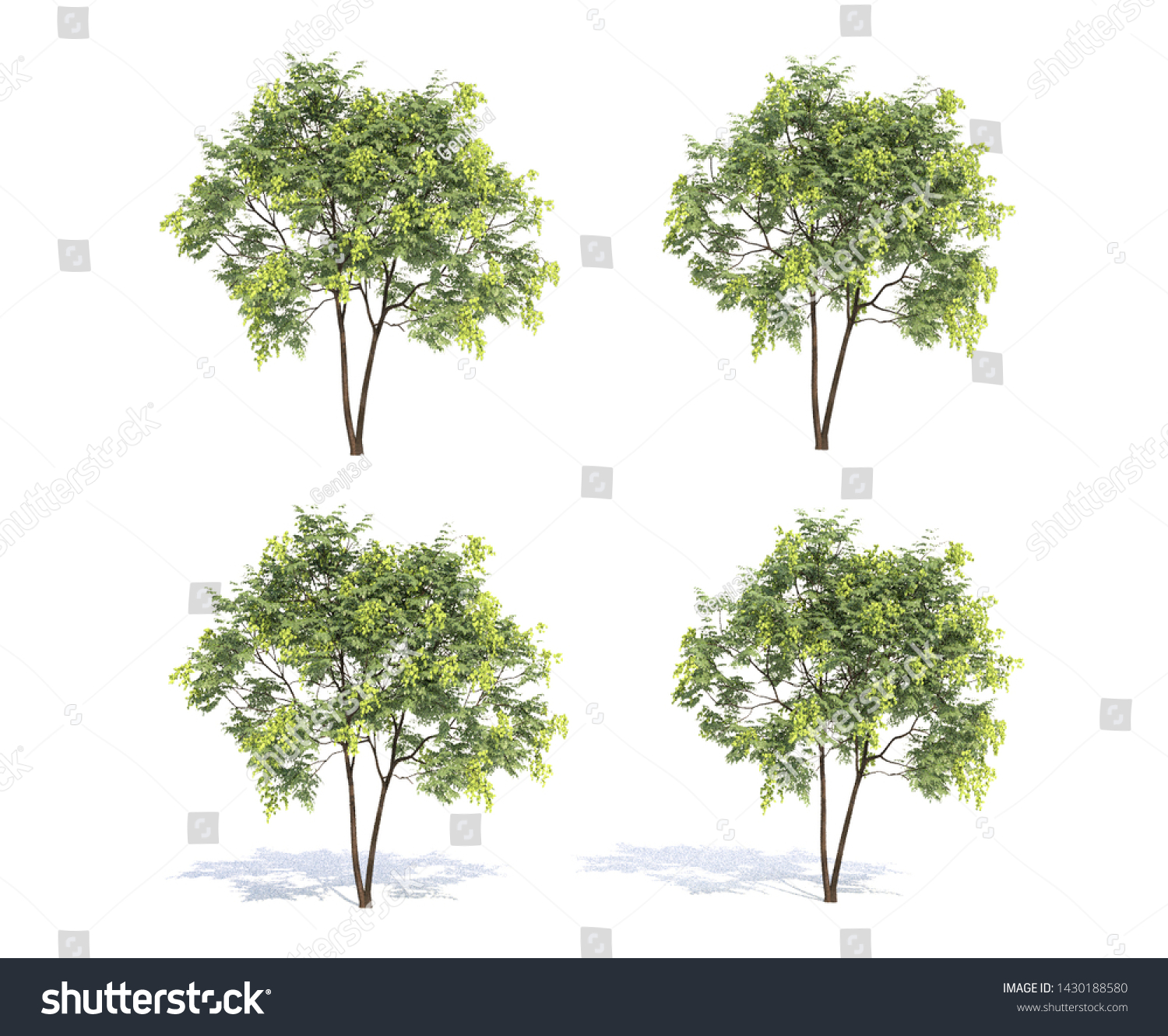Koroi (Albizia procera)
Original price was: ₹30.00.₹15.00Current price is: ₹15.00.
OVERVIEW
Koroi (Albizia procera) Plant Guide
Local Indian Name:
-
Assamese: কোৰৈ (Koroi)
-
Hindi: सफ़ेद सिरस (Safed Siris)
-
Bengali: সাদা শিরীষ (Shada Sirish)
-
Tamil: வேம்பரத்தி (Vembarathi)
-
Telugu: తాటి వేప (Tati Vepa)
-
Malayalam: വെമ്പരത്തി (Vembarathi)
-
Kannada: ಬೆಳ್ಳಿ ಬಾಗಿಲು (Belli Bagilu)
Scientific Name:
Albizia procera
Family:
Fabaceae (Legume Family)
Category and Subcategory:
-
Category: Deciduous, Fast-growing Tree
-
Subcategory: Timber, Agroforestry, and Shade Tree
Native Region:
-
Native to India, Nepal, Bangladesh, Sri Lanka, Myanmar, and Southeast Asia.
-
Found in tropical and subtropical forests of India, mainly in Assam, Bihar, Odisha, West Bengal, Jharkhand, and the Western Ghats.
Introduction
Koroi (Albizia procera) is a fast-growing deciduous tree known for its high-quality timber, nitrogen-fixing properties, and soil conservation benefits. It is commonly used in agroforestry systems, timber plantations, and reforestation projects due to its adaptability to various soil and climate conditions. The tree also provides fodder, firewood, and shade.
Importance & Benefits
Economic Benefits:
-
Valuable timber used in furniture, construction, and plywood industries.
-
Used in agroforestry to improve soil fertility.
-
Bark is used for tannin extraction in leather industries.
Environmental Benefits:
-
Nitrogen-fixing tree, improving soil fertility.
-
Drought-resistant, making it ideal for arid and degraded lands.
-
Prevents soil erosion and supports biodiversity.
Medicinal & Cultural Importance:
-
Bark and leaves used in Ayurveda for treating inflammation, ulcers, and skin diseases.
-
Used in traditional remedies for wounds and digestive disorders.
Description and Cultivation
Botanical Description:
-
Height: Grows up to 15-25 meters.
-
Trunk: Straight, with light brown bark and fissures.
-
Leaves: Bipinnate, bright green, about 30 cm long.
-
Flowers: Small, cream-colored, fragrant, bloom in clusters.
-
Fruits: Flat, brown pods (10-15 cm long), containing small seeds.
Major Growing Regions in India:
-
Assam, Bihar, West Bengal, Odisha, Jharkhand, Maharashtra, Kerala, Tamil Nadu, and the Western Ghats.
Varieties and Cultivars
-
Standard Albizia procera – Naturally occurring variety with moderate growth rate.
-
Improved Hybrid Varieties – Developed for faster growth and higher timber yield.
Location and Light
-
Climate: Prefers tropical and subtropical climates.
-
Sunlight: Requires full sunlight (6-8 hours daily).
-
Elevation: Grows well up to 1,200 meters above sea level.
Soil Preparation
-
Type: Grows well in loamy, sandy, and well-drained soils.
-
pH Range: 5.5 to 7.5 (slightly acidic to neutral).
-
Soil Enrichment: Add organic compost and green manure for better growth.
Planting
-
Propagation: Through seeds and stem cuttings.
-
Best Planting Season: June to September (monsoon season).
-
Spacing: 3-4 meters apart for healthy growth.
-
Pit Size: 45 cm x 45 cm x 45 cm, filled with organic matter before planting.
Watering
-
Young Plants: Water twice a week during the first 6 months.
-
Mature Trees: Drought-tolerant, but needs watering once every 10-15 days in dry months.
-
Rainfed Areas: Thrives with natural rainfall.
Pruning
-
Purpose: Maintains shape, removes diseased branches, and improves airflow.
-
Timing: Best done in winter or post-monsoon season.
-
Method: Trim low-hanging branches and old wood to encourage new growth.
Pest and Disease Management
Common Pests:
-
Termites and borers – Damage the trunk and wood.
-
Defoliating caterpillars – Feed on young leaves.
Common Diseases:
-
Root rot and fungal infections due to excessive moisture.
-
Leaf blight and rust in humid conditions.
Management Practices:
-
Organic Methods: Use neem oil spray and biopesticides.
-
Chemical Control: Apply mild fungicides and insecticides if needed.
-
Preventive Measures: Ensure proper drainage and remove infected parts.
Environmental Conditions
-
Temperature Range: 20°C to 35°C.
-
Rainfall: Requires 1,000-2,500 mm annually.
-
Humidity: Prefers moderate to high humidity levels (60-80%).
Propagation
-
Seeds: Best method, germination takes 10-15 days.
-
Stem Cuttings: Used for rapid propagation.
-
Tissue Culture: For large-scale commercial plantations.
Uses
Timber & Commercial Uses:
-
Used in making furniture, doors, and plywood.
-
Highly durable wood for construction and railway sleepers.
-
Firewood and charcoal production.
Agroforestry Uses:
-
Nitrogen-fixing tree, improving soil fertility.
-
Planted along farmlands as a windbreak and shade tree.
Medicinal Uses:
-
Bark used for treating diarrhea and wounds.
-
Leaves and flowers used in herbal remedies.
Environmental & Agroforestry Uses:
-
Soil conservation and erosion control.
-
Shade tree in plantations (tea, coffee, and spices).
Monetary Benefits
-
High Market Demand: Timber and agroforestry industries require Koroi wood.
-
Income Potential:
-
A well-maintained 1-acre plantation can yield ₹5-10 lakh per year.
-
Koroi timber sells for ₹500-1,200 per cubic foot.
-
Bark and leaves have a niche medicinal market.
-
-
Government Subsidies:
-
Supported under National Agroforestry Policy.
-
Eligible for reforestation and afforestation grants.
-
References:
-
Indian Council of Forestry Research and Education (ICFRE) Reports on Koroi Cultivation
-
National Agroforestry Policy, Government of India – Agroforestry Benefits
-
Ayurvedic Texts on Medicinal Properties of Albizia procera
-
Farmer and Forestry Department Surveys on Commercial Viability
Koroi (Albizia procera) is a valuable multipurpose tree offering timber, environmental benefits, and agroforestry advantages. Its fast growth, nitrogen-fixing ability, and high-quality wood make it an excellent choice for commercial plantations, soil conservation, and sustainable forestry.
RELATED PRODUCTS
REVIEWS





Reviews
There are no reviews yet.